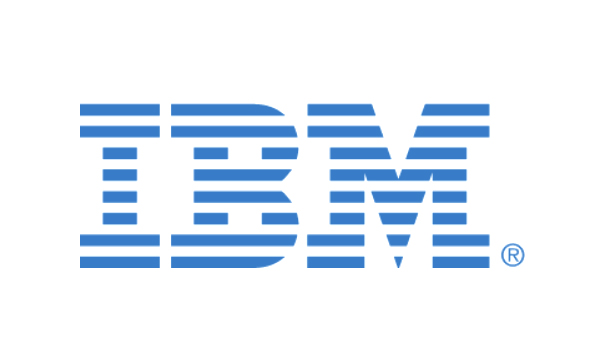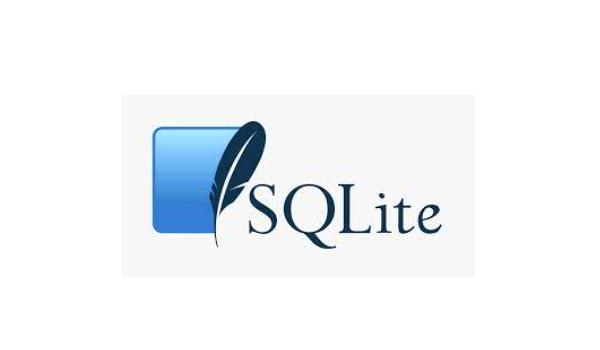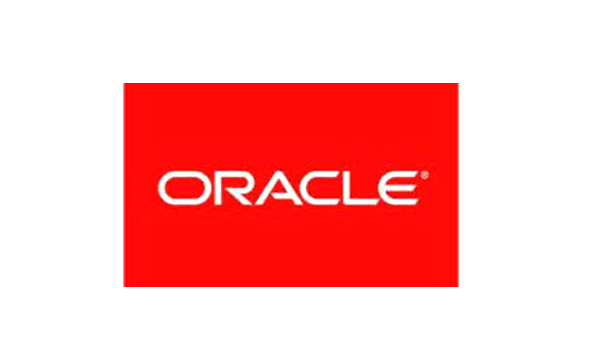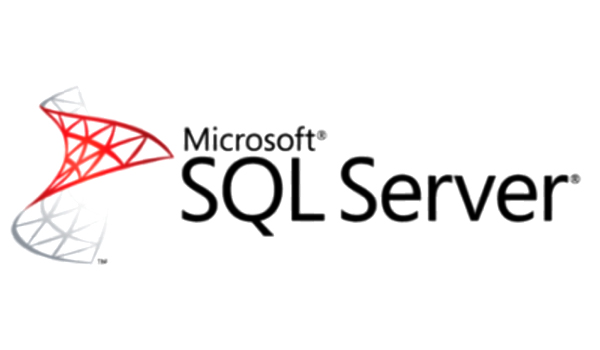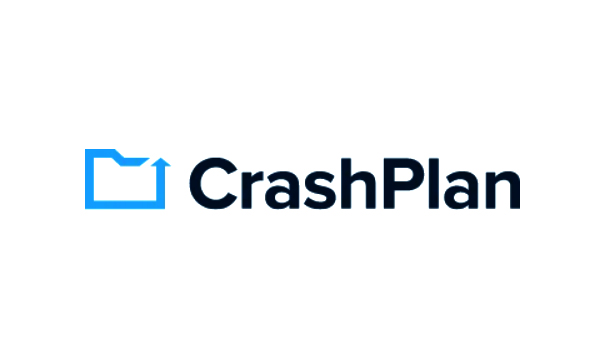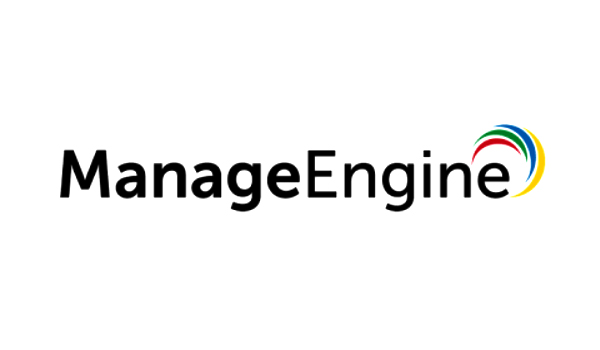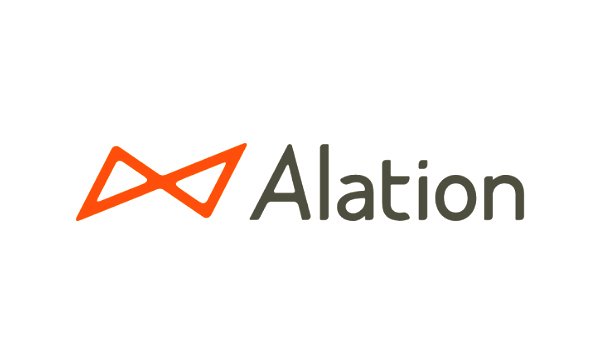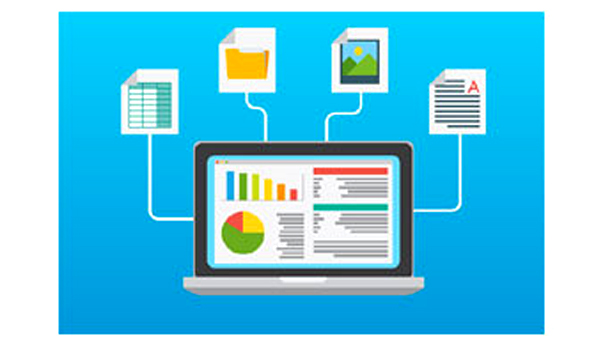Data Governance Software
Explore best Data Governance Software for your business.

Browse Top Data Governance Software
Searching for best Data Governance Software for your business? Look no further! Post your requirements and get best deals on Data Governance Software for your business from multiple Data Governance Software provider.
Data Governance Software
Explore Data Governance Software category & post requirement to connect with Data Governance Software provider for your business and get the best quotes from multiple Data Governance Software provider.
Data Governance Software:
Data Governance Software is a software that is used to ensure the data pipeline is ready to help catalog, protect and govern sensitive data, trace data lineage, and manage data lakes of your organization.
Data related policies can be enforced while maintaining data quality by using Data Governance Software. The life cycle management processes of data that ensure availability and integrity of an enterprise is known as data governance. It is the overall management of availability, usability, relevancy, integrity and security of data that helps enterprises manage their information knowledge and answer questions related to data such as from where the data comes, what do we know about our information and does this data adhere to company policies and rules?
Features and Benefits of Data Governance Software:
There are several features of Data Governance Software that can benefit the user in many ways to grow their business. Some of these include:
- Enterprises can find, curate, analyze, prepare and share data, along with keeping it governed and protected against misuse by using a data governance software with an integrated data catalog. Guidelines, processes, and accountability measures can be established to ensure data quality standards are met with the help of this software.
- Recommendations are often provided by the software as well to increase efficiency and streamline processes.
- Data governance software can be used in companies to ensure regulatory standards are met, which help improving security and efficiency.
- Employee efficiency can be increased by outlining and implementing data quality control guidelines.
- You can adopt a data governance strategy to suit your organizational objectives with multiple entry points, while shaping business information in unique ways that suit your needs.
- The efficiencies of knowledge workers can be improved by using machine learning powered data catalogs. The processes of harvesting metadata, curating assets and sharing knowledge can also be made efficient.
- Clean, consolidated, consistent and current information can be obtained and this information can be used to drive big data projects and applications, while aligning with governance objectives.
- Data with meaning can be identified.
- Data value and risk can be assessed.
- Personally identifiable information (PII), predictive customer intelligence (PCI) and personal health information (PHI) can be secured.
- The software help comply with the General Data Protection Regulation (GDPR).
- The availability, usability, security, and storage of enterprise level data can be managed by data Governance software.
- The enterprises will have a high quality of data management through all phases of the data lifecycle by using this software resulting in improved business outcomes and business growth.
- Data governance software helps to ensure that data is usable, accessible and protected. It provides better data analytics, which in turn leads to better decision making and improved operations support.
- It helps to use the internal as well as external data effectively, manage risks, and reduce costs.
- The software help ensure that the companies are compliant with all levels of regulatory requirements consistently resulting in minimizing risks and reducing operational costs.
- It leads to improved data quality, decreased data management costs, and increased access to data for all stakeholders resulting in better decision making and better business outcomes.




